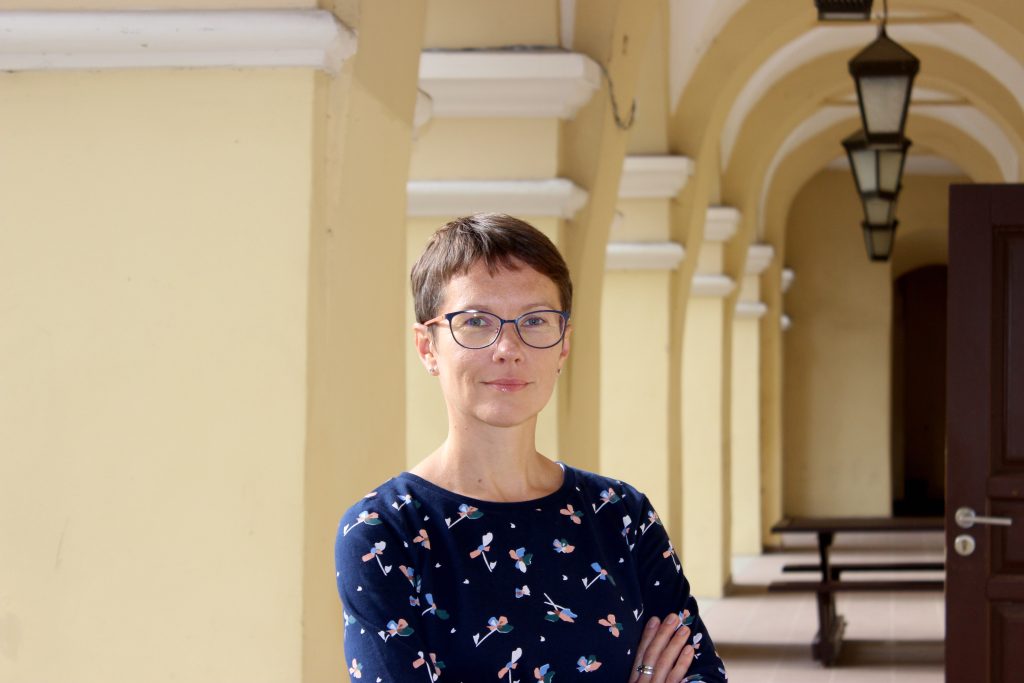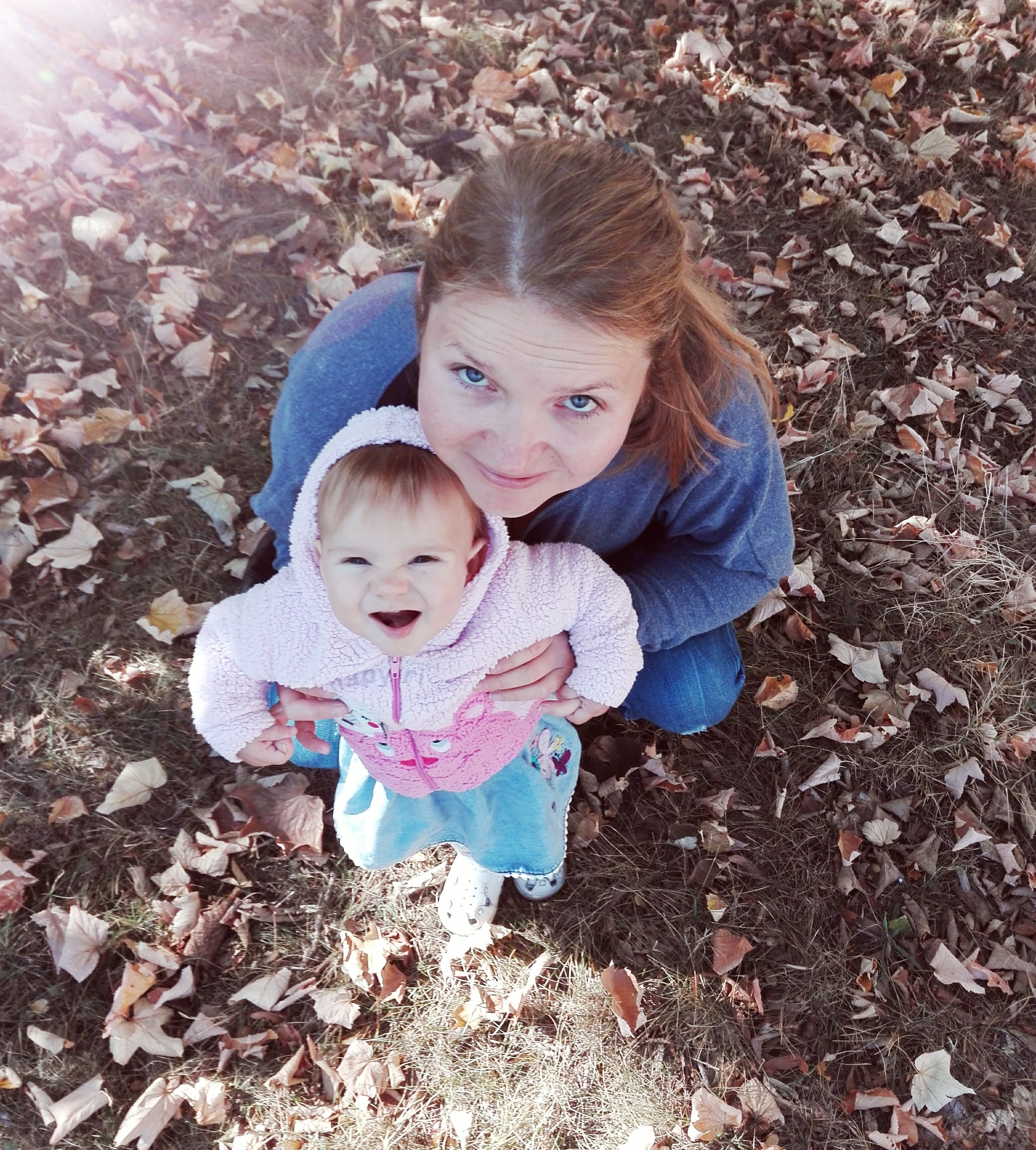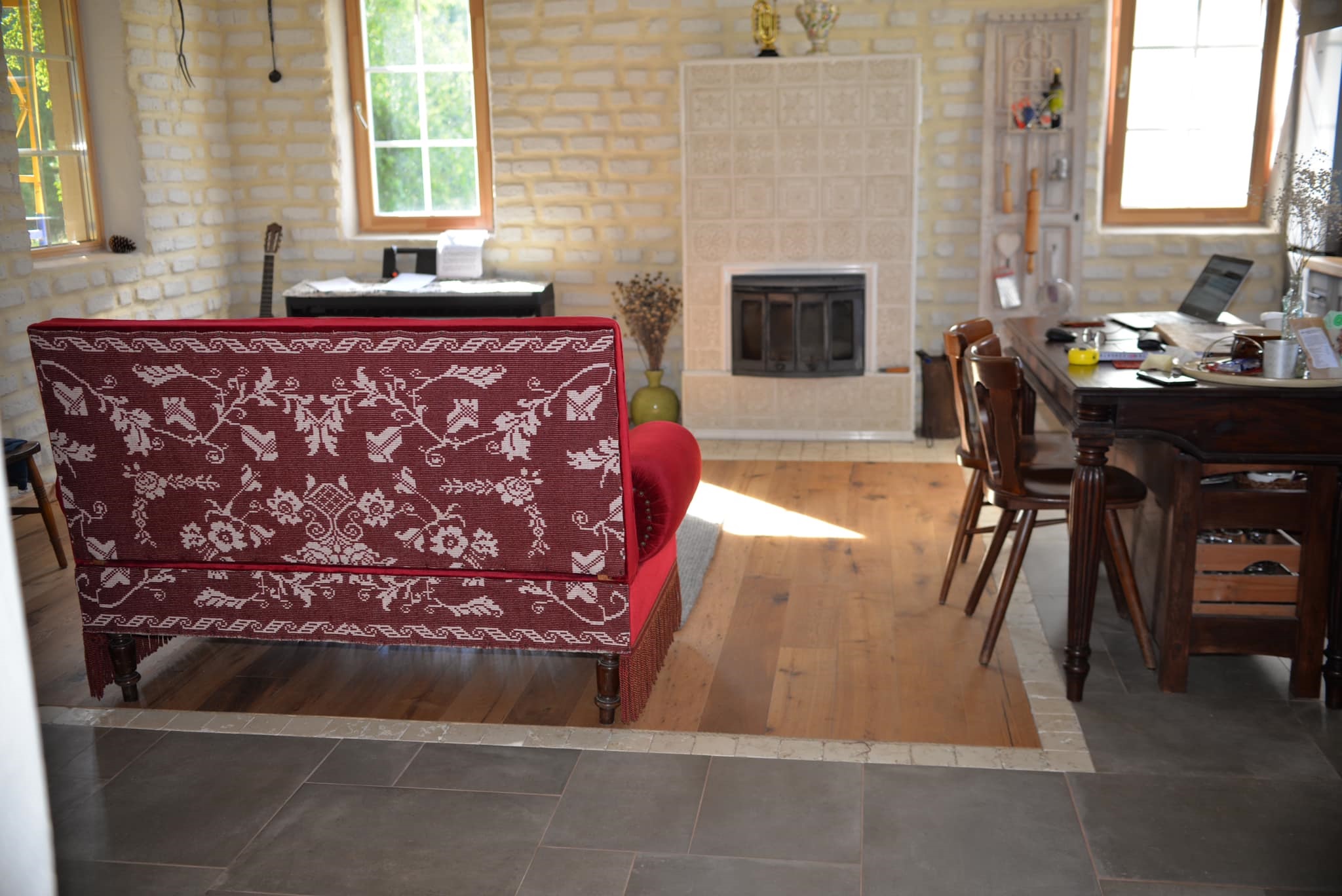What to do for grandparents to make grandchildren growing abroad to speak Lithuanian

Parents of bilingual children, especially moms, experience a variety of feelings. In order for children to speak Lithuanian willingly and boldly, not only the efforts of their parents, but also the support, acceptance and engagement of their relatives are very important. Summer and time together are a great opportunity to strengthen not only their relationship with their grandchildren, but also improve their Lithuanian language.
Praise the effort
The unusual accent, confused, pronouns, relatives or strange newcomers sometimes interfere with what a bilingual or multilingual child is trying to say. However, it is worth listening carefully, praise efforts and not to get tired of mistakes. After all, Samogitians with Aukštaitija do not always understand each other immediately, so it is natural that a child raising in another cultural and linguistic environment speaks a little differently than born and raised in Lithuania, surrounded by Lithuanian daily.
The most important thing is the desire and effort to speak. In order for that desire to strengthen or at least not, it is very important not to press or profit about every mistake, not to compare children with better -talking children of friends or relatives. Proper speeches are better taught by your example – the phrase or sentence is correctly, but without mistake or emphasize them. It is important not to blame the children or parents because they are not trying enough, and asking and looking for ways to get involved in the whole family and relatives to the prosperity of the Lithuanian language.
Insights: Sociolinguist, I. Hilbig, who studies bilingualism and family language policy, emphasizes the role of grandparents in the transmission of Lithuanian in emigration. / I. Photo by Hilbig Personal Archive
Grandparents, aunts, uncles and other relatives can be a huge pillar, aid and a source of motivation to preserve Lithuanian in emigration. Sometimes, however, the biggest help is not to comment and refrain from words that can be suppressed, diminished or killed by a child or teenager to speak Lithuanian.
Phrases recommended to avoid:
What a strange / funny / strong accent, how strangely you speak.
Wow, how many mistakes you say wrong.
You are no longer a Lithuanian / fake Lithuanian.
I don’t understand what you say, you need a translator.
Create good emotions
Support, understanding and help is desperately needed not only for children growing abroad, but also for their parents who have chosen emigration. Sociolinguist dr. Inga Hilbig (Vilnius University) notes that Lithuanians with children abroad, especially in mixed families, may feel disappointed, sadness, guilt, shame for failing or they thought they were not well -taught Lithuanian,
Grandparents, aunts, uncles and other relatives can be a huge pillar, aid and a source of motivation to preserve Lithuanian in emigration.
At the same time, there are also examples of how engaging, supportive grandparents can become a source of motivation and inspiration and a true Lithuanian fortress. Most grandparents are very concerned that children speak Lithuanian, but they do not always know how they can help, contribute to whether or not their desire to press children and grandchildren, which, unfortunately, often produces a reverse result.
It is very important to talk about the preservation of the Lithuanian language in the family, to name why it is important to you, and if the desire for children to speak Lithuanian is common – to seek ways to achieve this goal together. I. Hilbig encourages grandparents or other relatives living in Lithuania to ask their relatives trying to preserve the language directly in emigration, how they could help, and to try to create as many pleasant moments and experiences as possible in Lithuania. If the Lithuanian language is associated with tension in the family, barns and accusations, then the children will certainly not encourage it to learn.
Help: J. Mikeliūnaitė, who raises bilingual children in Bulgaria, notes that positive comments and strong relationships with relatives in Lithuania encourage children to maintain Lithuanian. / Photo by J. Mikeliūnaitė’s personal archive
Engage in fun activities
In order to develop Lithuanian Lithuanian language, they need not only opportunities but also life incentives to speak Lithuanian. That Lithuania and the Lithuanian language are associated with pleasant memories and good emotions should not be attributed to the language itself: rather to strengthen it through games, general activities, tales, songs, riddles, plays, riding on the knees and so on. It is very important to show grandchildren that their grandparents are happy and proud of them.
While on vacation in Lithuania, grandparents, if they have the opportunity, can give parents relax and spend as much time with their grandchildren as possible: take excursions, performances, concerts, museums, films, libraries, bathing, cooking, berry, fishing, mastering, gardening, involving children to other common activities and work. To talk more, talk, tell stories (about family, relatives, people, traditions, places, historical heroes, etc.). Grandparents are advised not to go into another – the stronger language of children, even if grandparents speak it (such as English), but as much as possible to maintain communication in Lithuanian alone. It is very useful for children to read regularly from a young age. The grandparents can do this in a distance by creating a daily or weekend routine.
I. Hilbig shared these and other tips for grandparents’ sociolinguist, who studies bilingualism and family language policy at a seminar « I want grandchildren to speak Lithuanian! » Organized by a virtual emigraous community between 2 countries!
Justina Mikeliūnaitė, the founder of this community, who has lived in Bulgaria for twelfth year and raising two bilingual children, notes that positive comments, praise and strong relationships with relatives in Lithuania encourage children to maintain Lithuanian language and in their daily lives, strengthen the sense of pride.
The love expat also sees Lithuanians raising children in different countries and constantly communicating with other countries in different countries, how difficult it is to maintain Lithuanian if it is only one person’s responsibility. Thus, it encourages the pursuit of this common goal – for children growing abroad to speak Lithuanian. Summer and stay in Lithuania are a great opportunity not only to talk about it, but also to work together.






:format(webp)/s3/static.nrc.nl/wp-content/uploads/2025/06/06163909/data133311091-ba69b0.jpg)
